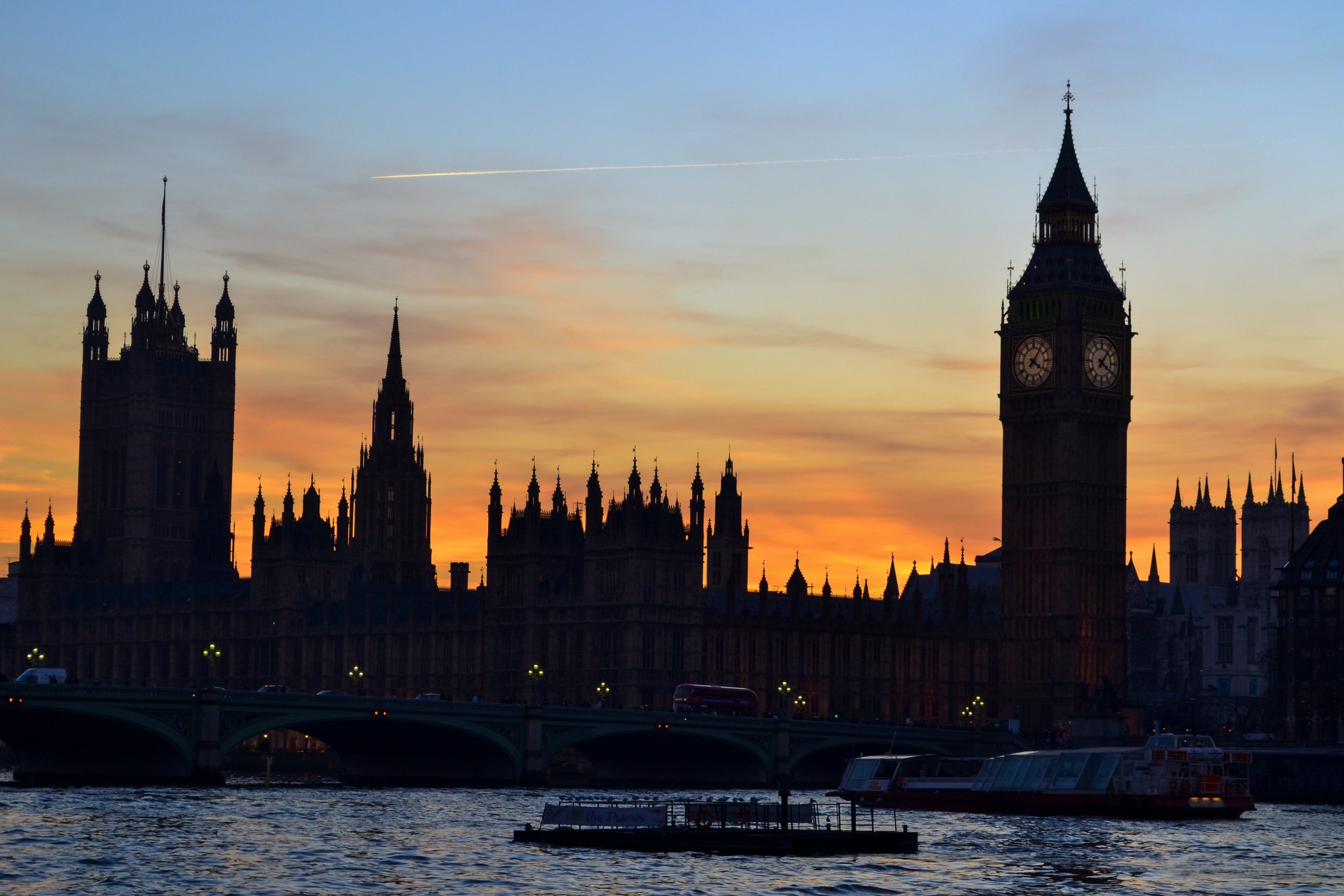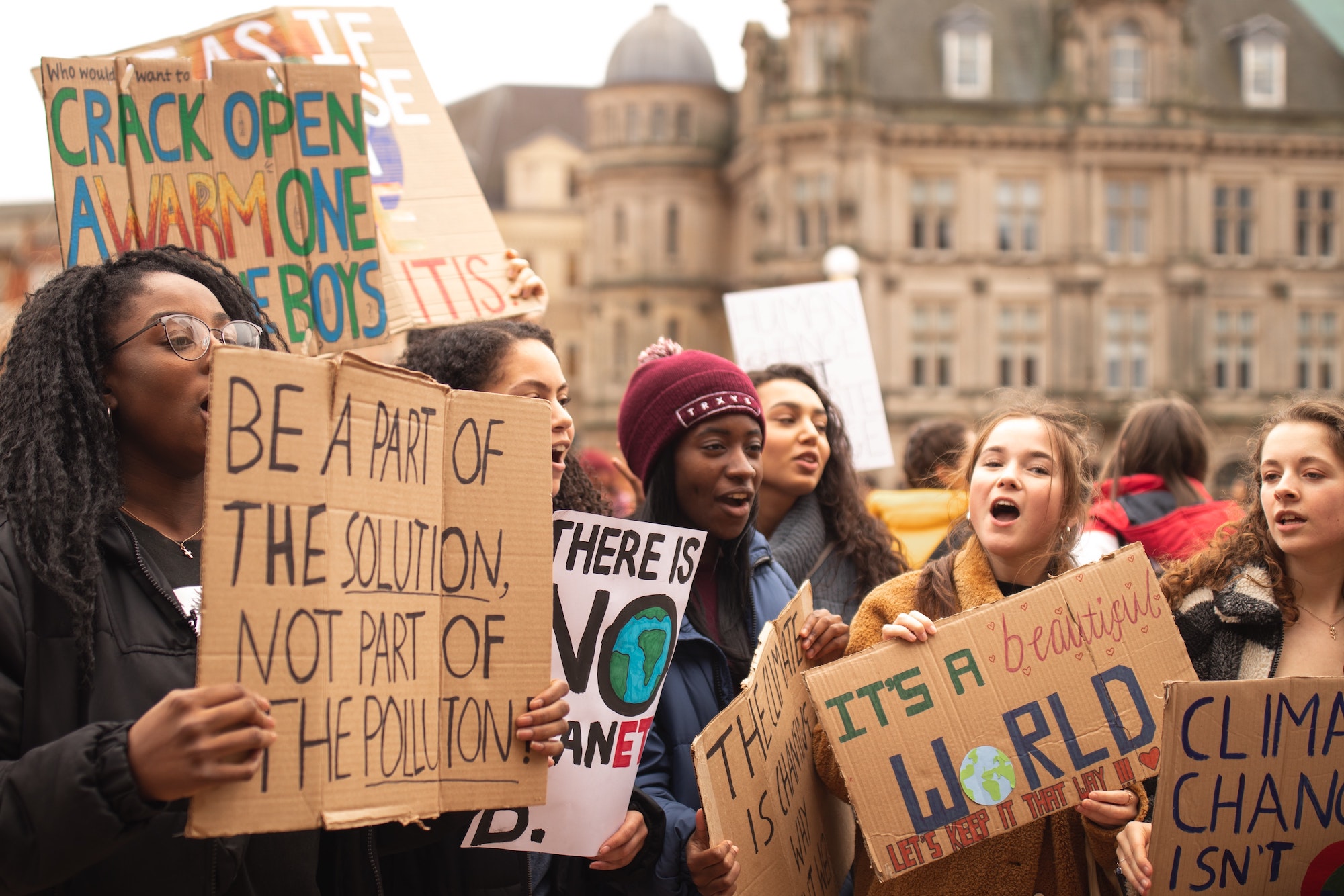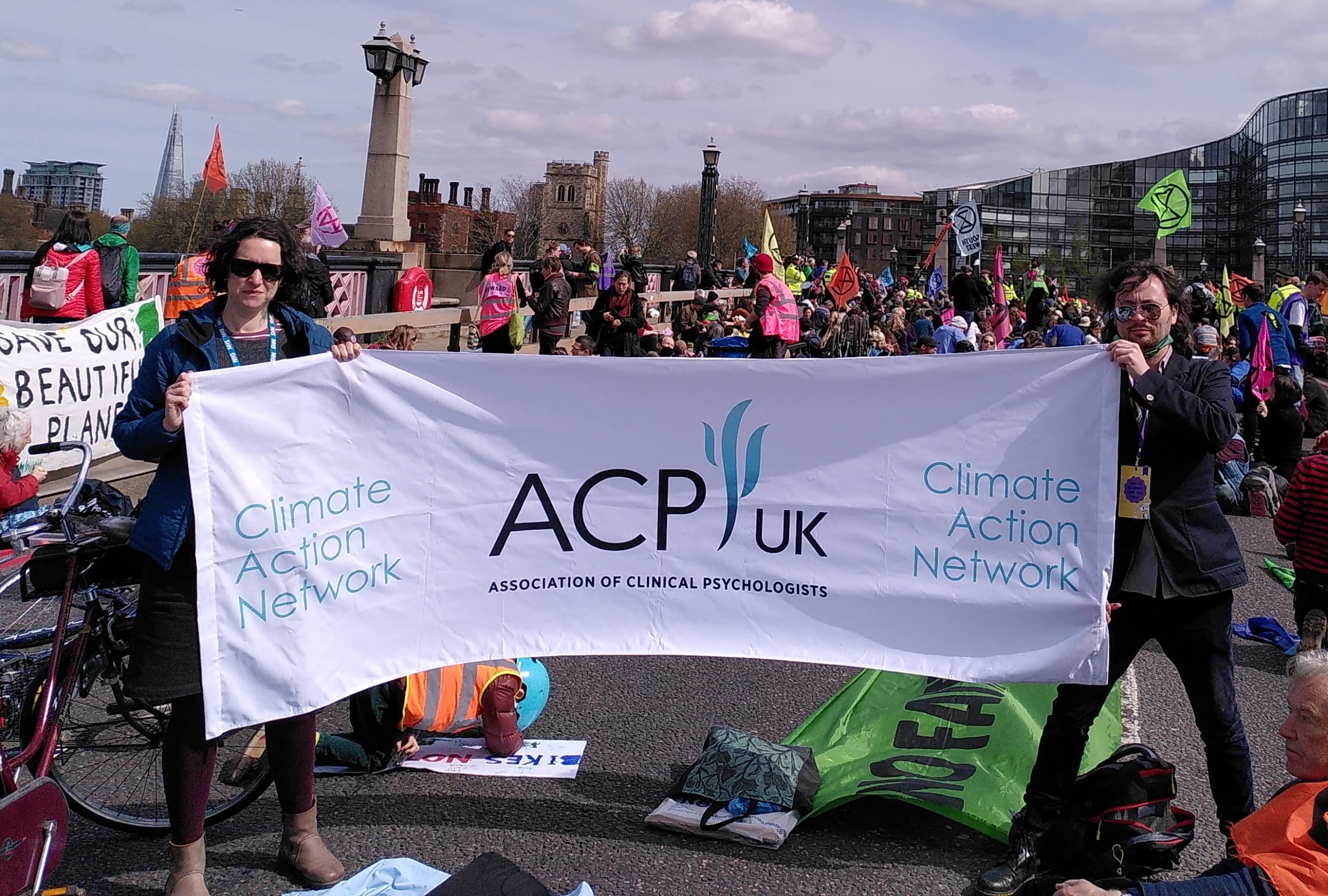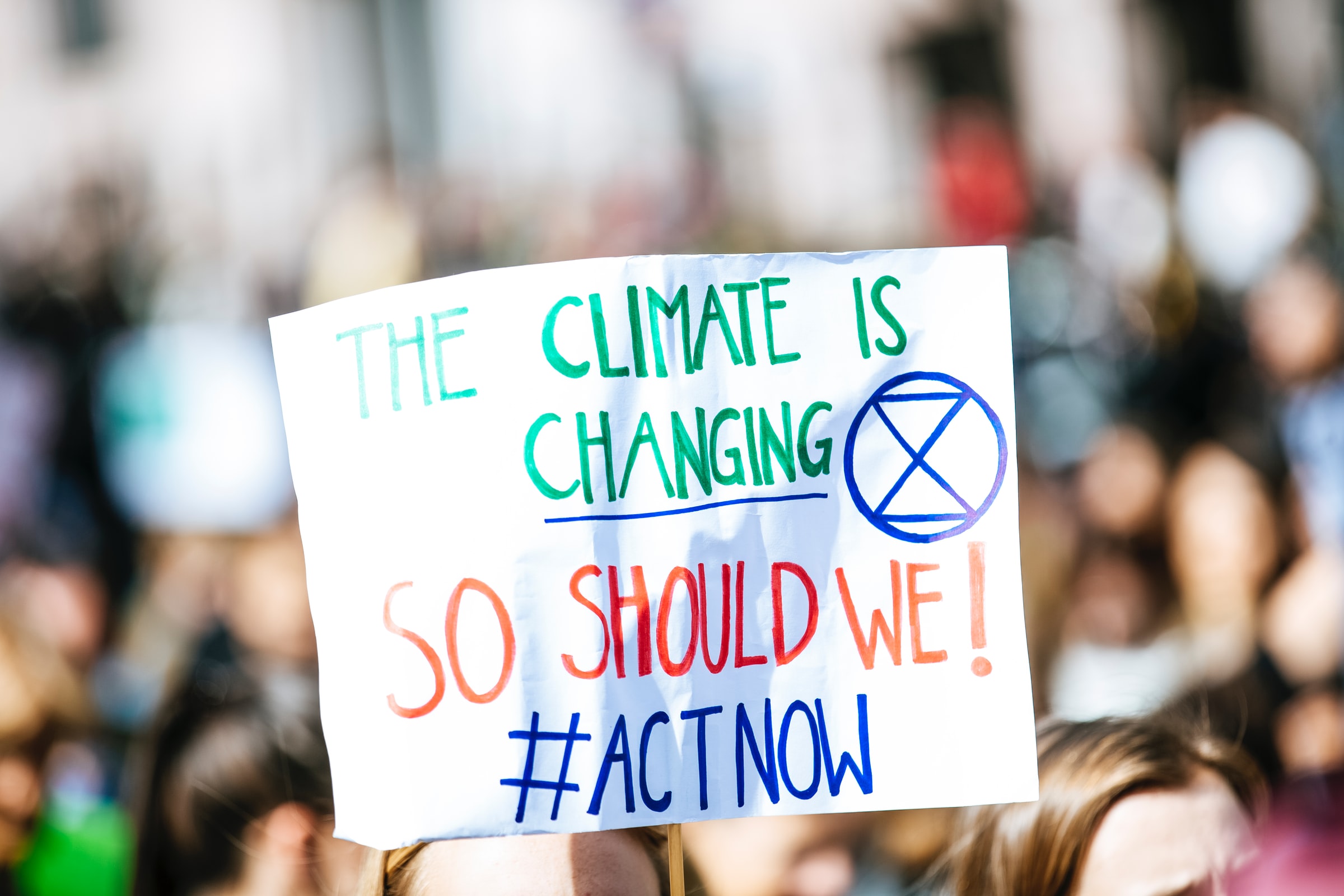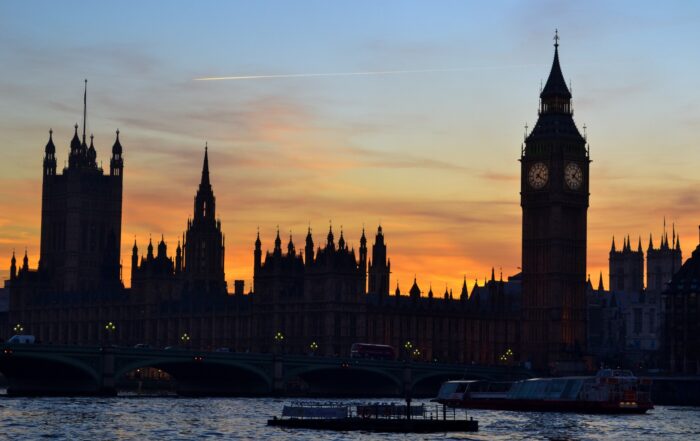How Our Future Rests on COP26
We desperately need world leaders at COP-26 to take radical and urgent action to enable a survivable planet. The severity of risks cannot be overstated.
The scale of crises and the scale of actions needed can feel overwhelming. This situation has been linked both to increased experiences of distress in relation to the climate crisis and to processes of denial and non-engagement. As clinical psychologists we are well placed to make sense of varied responses and push for meaningful change. As clinical psychologists and citizens of our planet we have a moral responsibility to engage with the threats posed.
Between 31 October and 12 November 2021, Glasgow will host world leaders for the United Nations 26th Climate Change Conference, more commonly known as COP-26. The Association of Clinical Psychologists (ACP-UK) is a professional body representing the profession of Clinical Psychology in the UK. Throughout the month of October, ACP-UK’s Climate Action Network will be taking over the ACP-UK social media handles to send out daily posts. This will draw attention to the importance of COP-26, the urgency of the climate and ecological crisis, and actions we can take as clinical psychologists and citizens of our beloved planet.
Even before the ‘code red for humanity’ issued this summer by the UN’s Intergovernmental Panel on Climate Change (IPCC), COP-26 was regarded as humanity’s last best chance to avoid runaway global heating. The new IPCC report warns that we will exceed the ‘safe’ 1.5°C limit set within the Paris agreement within the next 20 years, possibly within 5 years unless radical urgent changes are made now. Indeed, we have repeatedly been warned by multiple climate models that our ability to stay within the upper 2°C limit (a limit that would still see the destruction or dislocation of nations and entire communities) would require emissions to peak now and halve by 2030. In spite of this, global emissions have continued to rise, and the UK government’s actions fall far short of what is required and have been criticised for failing to set a good example as conference hosts.
Whilst leaders have made various pledges to cut emissions, these are not sufficient to avert a ghastly future and thus far have mainly comprised of net zero pledges without sufficiently detailed plans of what actions will be taken. If all countries make the reductions they have pledged to date, climate scientists warn we would only have a 5% chance of keeping within the 2°C upper limit of the Paris agreement this century, and less than 1% chance of keeping under 1.5°C. Further, we are warned there is a 10% chance of breaching a devastating 3.5°C warming by the end of the century, a level of warming that would plausibly spell out the collapse of civilization and render huge areas of the globe uninhabitable.
As highlighted in our position statement, the need to take action on the climate and ecological crises should be regarded as a social justice issue, as those least responsible will be disproportionately affected. Already, an estimated 3.6 billion people experience water scarcity, a figure the UN warns us will rise to 4.8 to 5.7 billion by 2050. Famines, extreme weather events, pandemics, increased rates of vector-borne diseases, conflict and unprecedented rates of forced migration will all disproportionately impact less wealthy nations, destroying entire nations and communities. Wildlife is being lost at a rate unprecedented in human history. Over a million species are at risk of extinction, posing risks to humanity that have been equated to the threats posed by global warming.
Whilst there has been recent interest within the profession (e.g., this special issue of Clinical Psychology Forum), the scale of engagement is not commensurate to the threats we are already facing, which will increase in magnitude and frequency in coming years. ACP-UK’s Climate Action Network is undertaking a ‘social media takeover’ with the primary aim of raising awareness within the profession regarding the climate crisis and the significance of COP-26. We want to promote the ways in which clinical psychologists might engage meaningfully with these issues. Tweets and messages have been developed by different authors, and we are grateful to ACP-UK member Annie Mitchell for allowing us to adapt a document she had produced on actions clinical psychologists can undertake.
Annie will also be presenting on a similar theme at our next ACP-UK seminar on 3 November, 2.30-4.30pm, along with Paul Hoggett (psychotherapist, Climate Psychology Alliance co-founder and extensively published writer on climate psychology) and Tony Wainwright (Chair of the BPS steering group on the climate and ecological crisis).
We are keen to recruit new members to ACP-UK’s Climate Action Network, so please get in touch if you are an ACP-UK member and keen to get involved. Expressions of interest can be sent to Naomi Johnson at [email protected]
We hope you find the posts useful and feel able to share and comment. Please message us if you think there are topics, actions or points you think we should be sharing. @UK_ACP #ACPCOP

